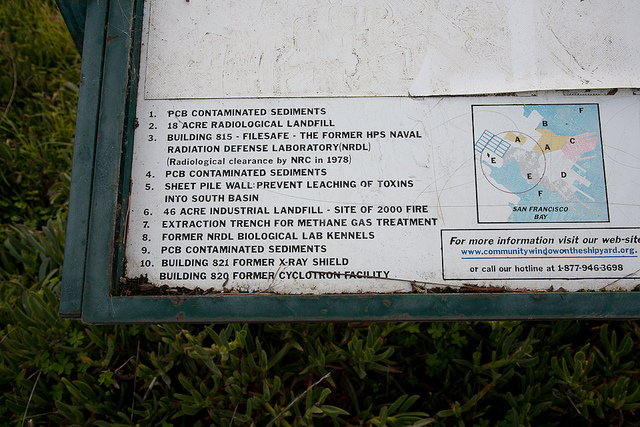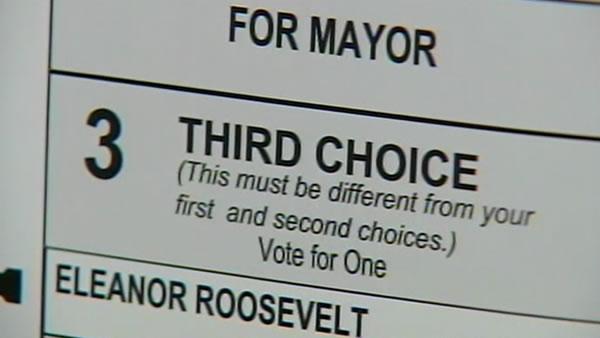Environment
Who'll Pay for the Climate Change Refugees?
|
Island and coastal nations are grappling with rising sea levels attributed to global warming — and some want industrialized nations to help foot the bill for an expected surge in evacuations, refugee crises and other impacts. Papua New Guinea’s Carteret Islands are quickly becoming a paradise lost, with ocean waters expected to submerge the seven low-lying atolls by 2015. Already, rising tides and storm surges have polluted freshwater supplies and devastated crops. Evacuation of the 2,700 residents is underway, and will continue over the next five years, reports Australia’s The Age. Climate change could force as many as 75 million people from their homes in Asia-Pacific over the next 40 years, Radio Australia reports.


